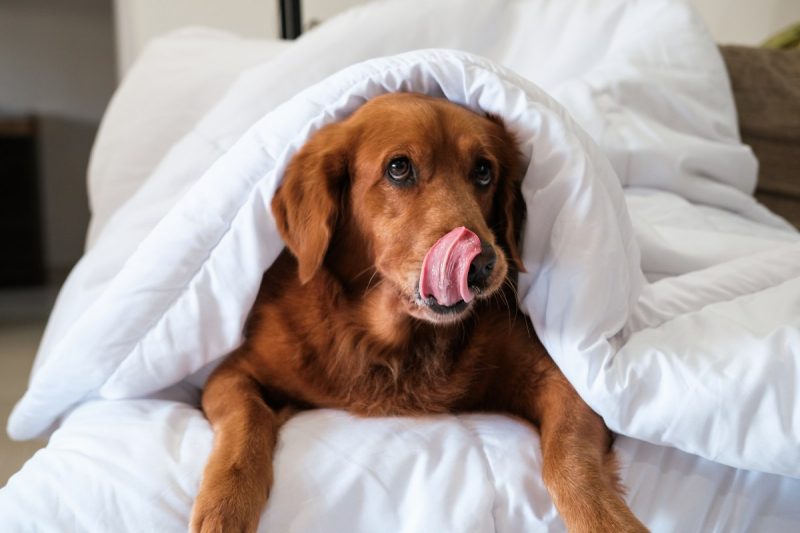
With the arrival of colder temperatures, many dog owners start wondering how the weather will affect their furry friends. Do they need extra blankets? Is it safe to leave them outside at night? The answers, as with most things canine, are nuanced. While there isn’t one single solution, veterinarians agree on several key points: your pet’s well-being should be the top priority, and that means considering more than just convenience or available space.
Several factors influence the ideal sleeping arrangement for your dog. These include whether you have a fenced yard, if anyone in the house has allergies, your dog’s age (puppies and senior dogs are more vulnerable), their coat length, and even their past history (a dog from a harsh environment may have different cold tolerance).
Experts generally recommend creating a dedicated, comfortable, and protected space tailored to your dog’s needs. This spot should be away from drafts and damp areas. A quiet corner of the house is often ideal, especially when equipped with a good thermal dog bed sized appropriately for your pup, along with a thick blanket or a specialized pet mattress. For breeds particularly sensitive to the cold, extra blankets or a dog coat might be necessary.
It’s crucial to remember that not all dogs experience the cold equally. Smaller breeds or those with short coats require extra care; their bedding will need more insulation. Ideally, your dog should have access to both indoor and outdoor areas during the day, allowing for exercise and sun exposure, while ensuring a sheltered environment for nighttime rest.
Your dog’s age, size, origin, and past experiences directly impact their cold tolerance. A dog that previously lived on the streets may have a different thermal threshold. Younger dogs or those with thicker coats generally handle the cold better. However, it’s always important to monitor them closely if temperatures drop suddenly to prevent hypothermia. Remember to adjust their diet for the colder weather as well. Veterinarians often suggest increasing caloric intake, particularly through healthy fats, and ensuring adequate hydration to maintain energy levels during the winter months.










